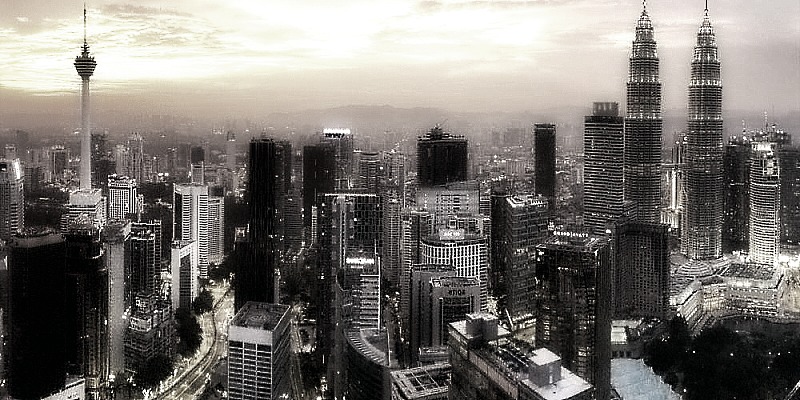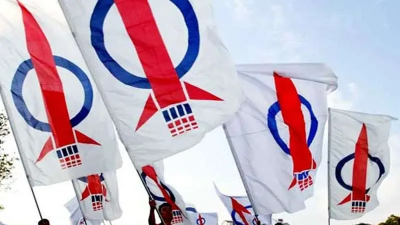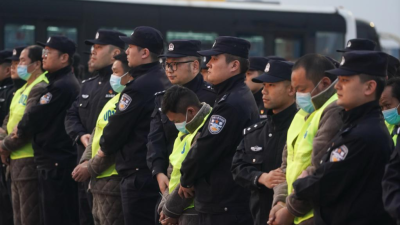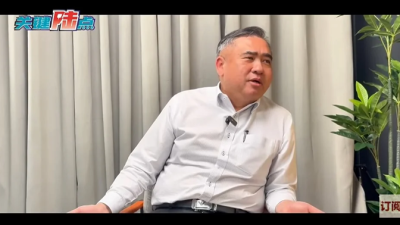
Anwar Ibrahim said if he were to become the prime minister, he would immediately reduce petrol prices and fulfil all the pledges made to voters.
Fulfil election pledges? If those pledges are battling corruption, trimming the bloated civil service, drawing up investor-friendly policies, relaxing MM2H application criteria, and halting all “white elephant” projects… things that don’t spend a cent yet cut public expenses, we will be more than willing to support him.
But reducing petrol prices that is poised to eat into the national coffers? No, thanks, seriously!
Our petrol is currently retailed at 0.463 US cents per litre, the 11th lowest among more than 200 countries and territories in the world, and this proves that the Malaysian government has already dug deeply into public resources to subsidise our fuels.
The government is expected to fork out additional RM77.7 billion to finance fuel and food subsidies as well as expanded cash assistance. This amount makes up 23.4% of our total 2022 budgetary allocations of RM332.1 billion.
Even as the government has set aside a humongous sum of money to cap the inflation rate within 3%, we can still feel that the magnitude of price hikes is a lot higher than 3%!
Where to get that extra RM77.7 billion to foot the bill? Increased tax revenue? We can foretell how much the government can collect this year with GDP growth not going to break the 6% barrier.
We must cut expenses if we are unable to boost our revenue. This is to prevent us from falling into the debt trap due to huge borrowings.
Cutting expenses? Great idea! And this should start right from government departments and shelving non-urgent (and flamboyant but useless) projects yet to be implemented.
Sri Lanka has gone bust because it has defaulted on its US$51 billion external debt and due interest (by comparison, Malaysia’s external debt stands at $264.5 billion).
In the meantime, Sri Lanka’s foreign reserves were a mere $50 million (Malaysia: $109.2 billion) as of May 13. The country had borrowed indiscriminately during those few years before the pandemic to implement its massive infrastructure projects that expose the country to a debt trap when its economy was brutally hit by the pandemic.
Minister in the prime minister’s department Mustapa Mohamed said the government would defer or even cancel projects which had yet to start or were deemed non-essential, as a means to cut expenses so that the money saved could be used to help the rakyat and jumpstart the economic recovery.
Indeed, we have a great deal of mammoth projects costing tens of billions of ringgit which have just started or are about to start. These projects are not expected to rake in any significant economic benefit for the country and will very likely add to the government’s debt burden in the long run.
Given the massive cash handouts and subsidies, the treasury is in for a challenging year ahead. As such, it is imperative for civil servants to cut down unnecessary expenses.
Secretary-general of the treasury Asri Hamidon has issued the Guidelines on Public Expenditure Savings to be implemented at all government departments with effect from 14 July, with the hope of cutting 5% off the allocations for the rest of the fiscal year.
Government departments must cut down non-essential travels and events, suspend unnecessary hiring and procurement, and halt expensive but useless projects.
If we have to spend RM77.7 billion extra on subsidies and assistance, we must cut expenses if we are unable to boost our revenue. This is to prevent us from falling into the debt trap as a consequence of huge borrowings.
ADVERTISEMENT
ADVERTISEMENT


































